 Rambles is a passionately written and vivid collection for our times. Stylistically accessible and typographically varied, I am left with an abiding sense of the warmth and raw honesty of its writer and her unwavering compassion for those who are struggling. And perhaps we should not be surprised: that energy is, I feel, implicit in the cover of the collection, painted by the poet—a lively abstract depicting a swirl of soft blues, greens and yellows, as vigorous and warm as the words of Copello herself.
Rambles is a passionately written and vivid collection for our times. Stylistically accessible and typographically varied, I am left with an abiding sense of the warmth and raw honesty of its writer and her unwavering compassion for those who are struggling. And perhaps we should not be surprised: that energy is, I feel, implicit in the cover of the collection, painted by the poet—a lively abstract depicting a swirl of soft blues, greens and yellows, as vigorous and warm as the words of Copello herself.
Category: Poetry Reviews
The World Stands on Its Head: a review of Between Two Fires by John Grey
 Grey’s topic is the human condition. Fate rolls the dice. Fate, like fire, is both friend and enemy. The people in these poems are resigned and resilient. They choose and do not choose. The poet’s concerns are vitality, perplexity and empathy.
Grey’s topic is the human condition. Fate rolls the dice. Fate, like fire, is both friend and enemy. The people in these poems are resigned and resilient. They choose and do not choose. The poet’s concerns are vitality, perplexity and empathy.
A review of How to Order Eggs Sunny Side Up by Lisa Collyer
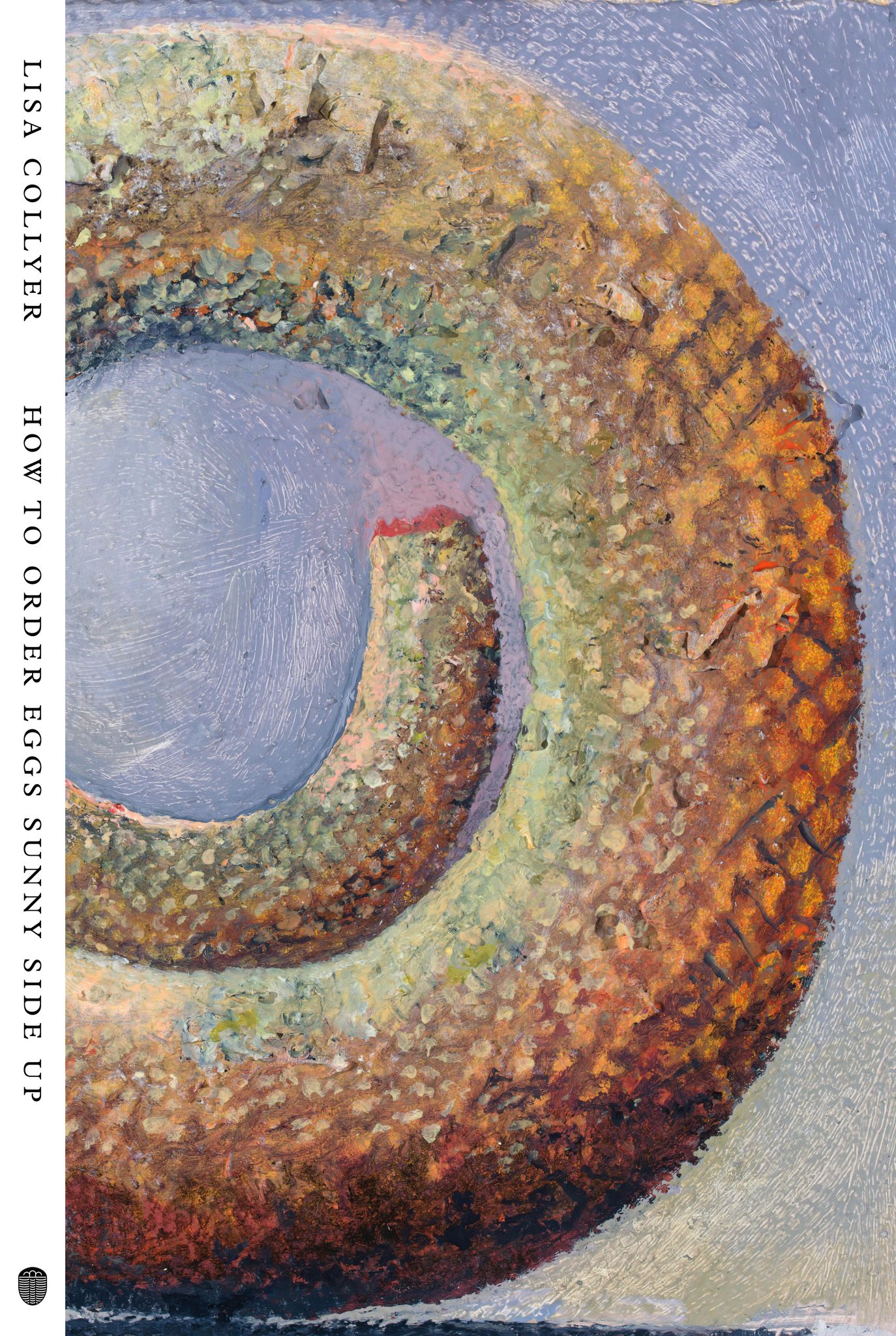 Even when the work is set in domestic settings such as a hair dressers, a department store, or even a toilet grimacing over a toxic gut, there is always a sense of being part of a fascia that connects everything – the distinctions between people, nature, past and present are often blurred.
Even when the work is set in domestic settings such as a hair dressers, a department store, or even a toilet grimacing over a toxic gut, there is always a sense of being part of a fascia that connects everything – the distinctions between people, nature, past and present are often blurred.
A review of Blood from Stone
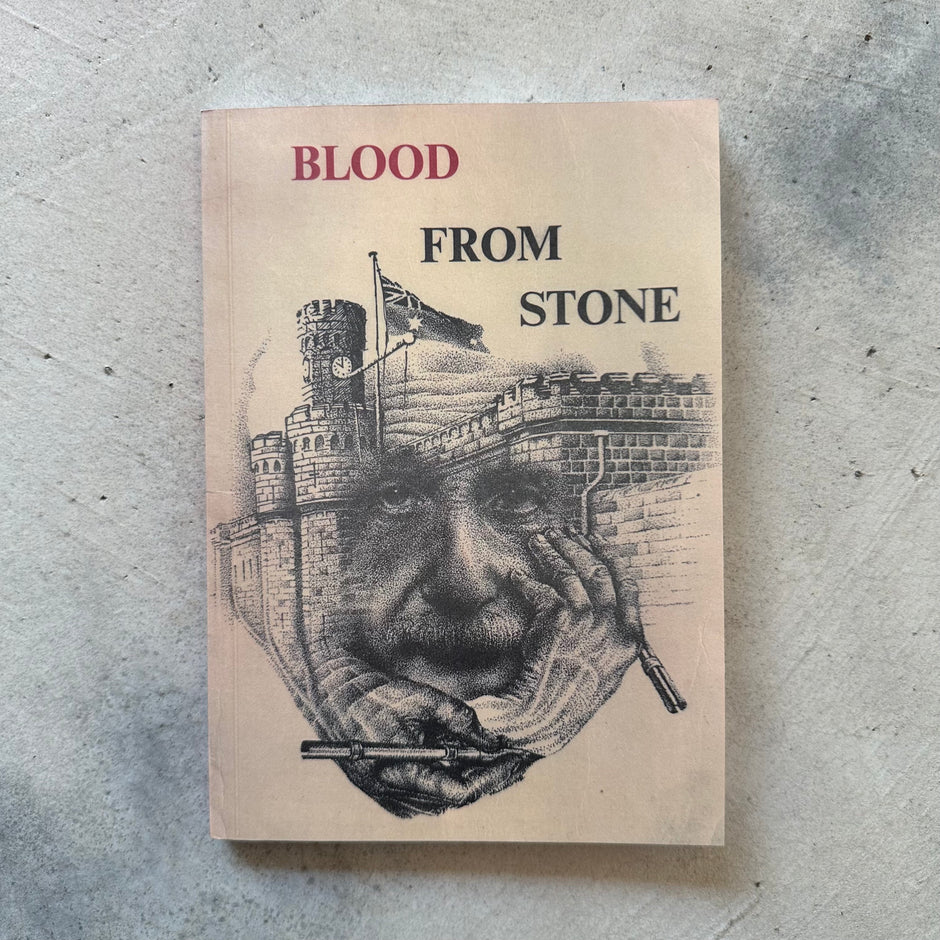 The collection is an eye opener, poems made in an environment of incarceration and punishment about life ‘Inside’. About jail, about being a prisoner and the fear and danger of prison life. Most of the poems are coruscating and angry and explore issues of life inside, of loss and anger, pleading for real justice and rehabilitation, often displaying a hard wisdom learnt at the hands of corrupt and cruel prison officers.
The collection is an eye opener, poems made in an environment of incarceration and punishment about life ‘Inside’. About jail, about being a prisoner and the fear and danger of prison life. Most of the poems are coruscating and angry and explore issues of life inside, of loss and anger, pleading for real justice and rehabilitation, often displaying a hard wisdom learnt at the hands of corrupt and cruel prison officers.
A review of Letters to a Dead Man by Rosemary Nissen-Wade
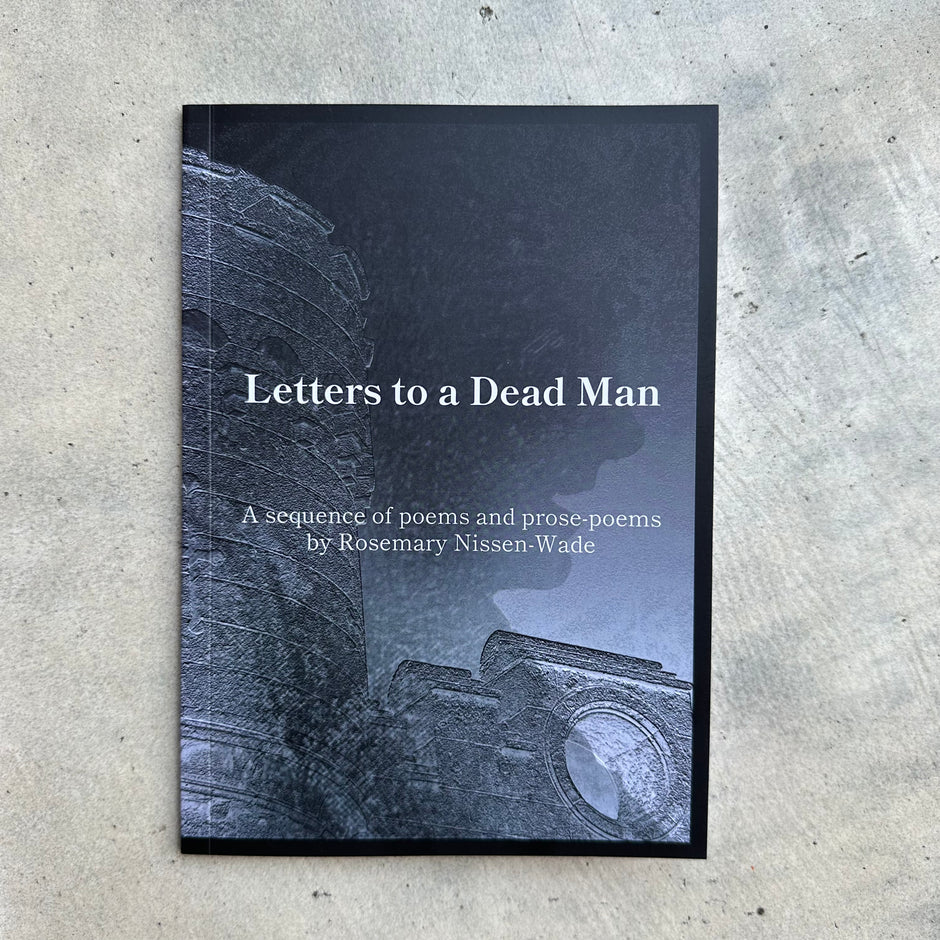 Letters to a Dead Man are not letters but prose and poetry about a forbidden love or if not forbidden unethical. This intense love is between a man and a woman is set in Pentridge Prison. Reading the poems it is difficult to decide who was the prisoner and who was the free person. I had my suspicions which were confirmed later.
Letters to a Dead Man are not letters but prose and poetry about a forbidden love or if not forbidden unethical. This intense love is between a man and a woman is set in Pentridge Prison. Reading the poems it is difficult to decide who was the prisoner and who was the free person. I had my suspicions which were confirmed later.
A review of Be Quiet About Love by Jason Beale
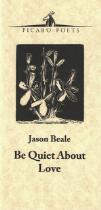 No sentimentality is encountered in Beale poems as he writes about life’s wounds and death. Be Quiet About Love demonstrates a philosophy of life that leans towards acceptance and resignation, often he expresses profound thoughts.
No sentimentality is encountered in Beale poems as he writes about life’s wounds and death. Be Quiet About Love demonstrates a philosophy of life that leans towards acceptance and resignation, often he expresses profound thoughts.
A review of Nightfall Marginalia by Sarah Maclay
 Everything is fragile, tenuous, in this world. It’s not threatening or frightening; indeed, a kind of vast resignation suffuses the scene. As the title of the collection, Nightfall Marginalia, suggests, the predominant atmosphere throughout is dusky, dark, and the principal mood is the nocturne – dreamy, romantic.
Everything is fragile, tenuous, in this world. It’s not threatening or frightening; indeed, a kind of vast resignation suffuses the scene. As the title of the collection, Nightfall Marginalia, suggests, the predominant atmosphere throughout is dusky, dark, and the principal mood is the nocturne – dreamy, romantic.
A review of The China Shelf: New Poems by Jennifer Maiden
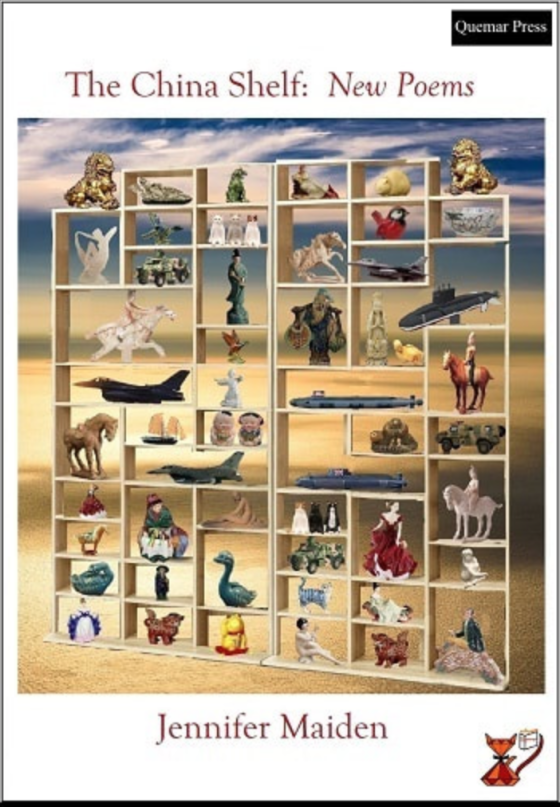 There are no notes or glossary, but neither is the book polemical. You are free to make your own conclusions from what comes across essentially, at least to my ignorant mind, as poetic play—full of irreverence and an open sense that we are all pawns in the global power play, and that no matter how powerful these world figures are – whether they be actors, writers, or politicians, it behooves us to pay attention and use our imaginations to engage.
There are no notes or glossary, but neither is the book polemical. You are free to make your own conclusions from what comes across essentially, at least to my ignorant mind, as poetic play—full of irreverence and an open sense that we are all pawns in the global power play, and that no matter how powerful these world figures are – whether they be actors, writers, or politicians, it behooves us to pay attention and use our imaginations to engage.
A review of Ordinary Time by Audrey Molloy and Anthony Lawrence
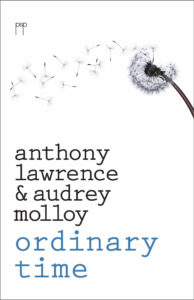 One poet has a ‘time travel machine’ which takes him/her through past and present the other poet writes ethereal intense beautiful words. As I read each poem my mind struggled trying to decide who is he and who is she. I read a few lines and decided, yes this was written by Lawrence, then I read a few more lines and I decided no it was written by Molloy. Finally, I gave up and decided that beautiful poetry does not need a ‘gender’.
One poet has a ‘time travel machine’ which takes him/her through past and present the other poet writes ethereal intense beautiful words. As I read each poem my mind struggled trying to decide who is he and who is she. I read a few lines and decided, yes this was written by Lawrence, then I read a few more lines and I decided no it was written by Molloy. Finally, I gave up and decided that beautiful poetry does not need a ‘gender’.
A review of Fugitive by Simon Tedeschi
 Fugitive is a moving and thought-provoking book. It is pithy and at times, funny, full of minor transgressions, extensive scholarship, music and yes, poetry. There is so much compacted into each of these small pieces and yet Fugitives is airy, with enough space to encompass contradiction, breath and above all, silence, another recurring theme.
Fugitive is a moving and thought-provoking book. It is pithy and at times, funny, full of minor transgressions, extensive scholarship, music and yes, poetry. There is so much compacted into each of these small pieces and yet Fugitives is airy, with enough space to encompass contradiction, breath and above all, silence, another recurring theme.